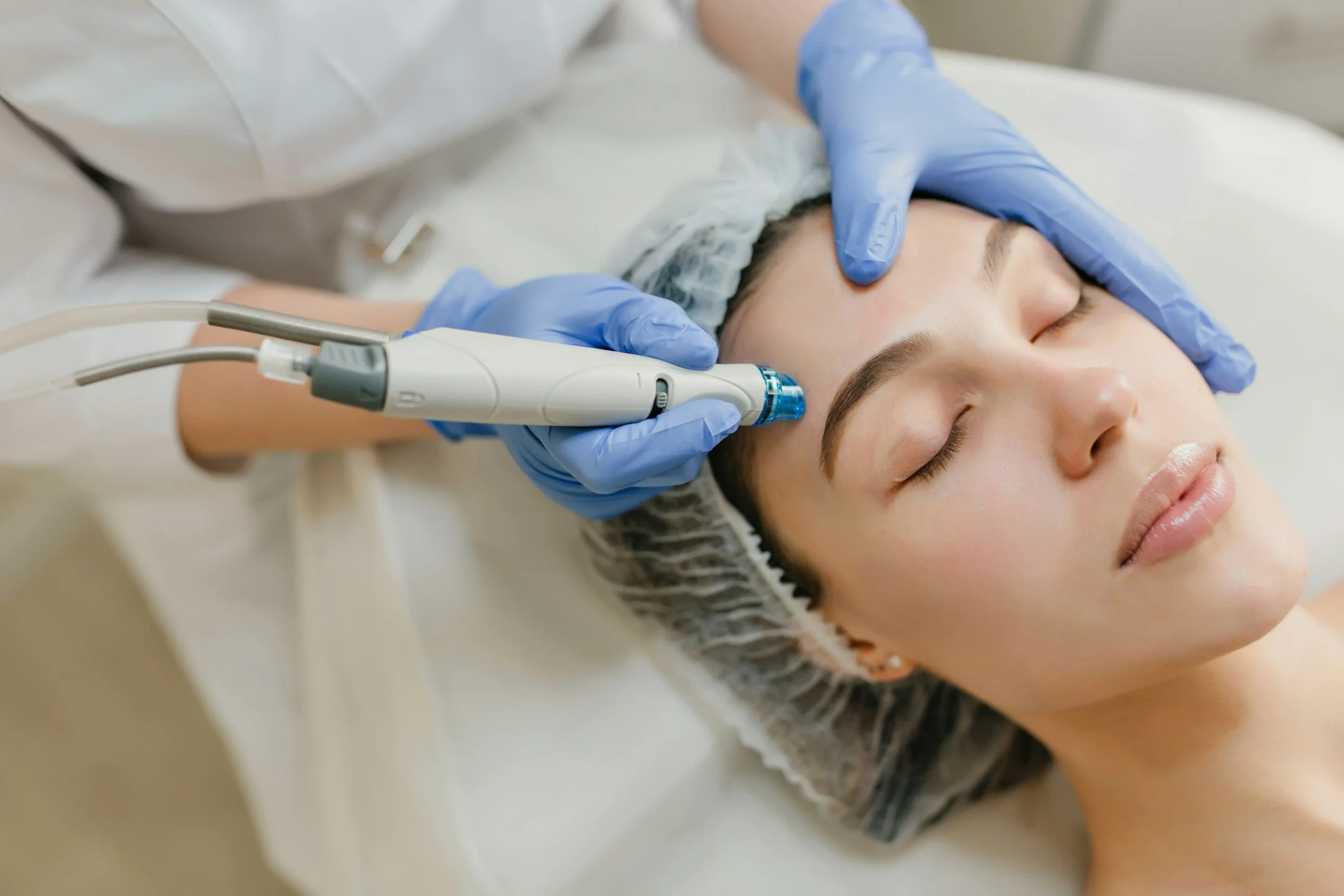Useful Tips On How To Maintain Good Eyesight
By PAGE Editor
Maintaining good eyesight is crucial to living a long and healthy life. The more you know about your eye health, the better equipped you are to prevent problems from happening in the future. In this article, we'll be discussing how you can achieve this by taking some practical steps.
Limit Your Blue Light Exposure
Most people use some form of digital device, whether it's a TV, smartphone, computer, laptop, tablet or electronic game. These items emit a blue light which is very bright and can be harmful to the eyes. Symptoms include dry eyes, blurred vision, headaches and eye strain.
There are many ways to reduce blue light exposure:
Use glasses that block blue light
Install software that reduces blue light emission from screens
Dim your screen brightness
Turn off devices an hour before bedtime (Blue light can upset our circadian rhythm and cause sleep issues).
There are helpful specialist websites that can provide more information and supply what you need. In terms of managing your blue light exposure, you can buy glasses online that are backed by science and that feature superior lens quality. You can also buy sleep masks, blue-light-free lighting and bulbs, glasses for kids, and more.
Have Regular Checkups
It’s important that you get regular eye tests because a comprehensive exam will allow your optometrist to detect any problems within the eyes at their earliest stages. They can then be treated before further damage is done. This is especially important for those over 50 years old who have a higher risk of developing age-related vision loss. Your eye checkup may also help identify other medical issues which may require treatment.
Additionally, you may want to know, can a contact get lost in your eye? It's a common question, and your optometrist can provide you with the right guidance on this issue.
Glaucoma is one of the leading causes of blindness in the world, so it’s important to be aware of the symptoms and get regular screenings if you are at risk. Early detection is key when it comes to glaucoma, as treatments are more effective when implemented early on.
Get Daily Sunshine But Wear Sunglasses
It's recommended that you go out into the sunshine every day for at least 15 minutes. Having said that, the eyes are very sensitive to UV light, so wearing sunglasses can help protect your eyes from damage and prevent macular degeneration (a leading cause of blindness).
It's recommended that you wear sunglasses every time you expose yourself to the sun, especially when it's for prolonged periods of time. Even cloudy days can cause damage when it comes to ultraviolet rays. Glasses can reduce the sun's glare and make you safer driving when the sun is low in the sky.
Have Adequate Sleep And Avoid Having Tired Eyes
It's important to get sufficient sleep every night in order to maintain good eyesight. When you don’t get enough rest, your eyes will become tired and strained. This can lead to a number of vision problems further down the road. For this reason, make sure you are getting at least eight hours of sleep each night.
If you work on a computer all day, take breaks every 20 minutes or so in order to give your eyes a break. Look away from the screen and focus on something across the room for about 20 seconds. Use artificial tears or other lubricating drops if you experience dryness or irritation in your eyes due to allergies, smoke, air pollution, medications (antibiotics), contact lenses (especially extended wear), or computer use.
Eat A Balanced Diet
It's recommended that we eat food such as carrots, spinach, and kale because they contain high levels of vitamin A, beta-carotene, and lutein. These nutrients are known to reduce inflammation inside the body while also strengthening the tissues around our eyes. Foods rich in antioxidants such as blueberries can strengthen blood vessels within the retina.
You should therefore eat adequate amounts of vegetables and fruits that are high in antioxidants. Avoid junk food, processed foods, and sugar as they can cause inflammation within the body. Also, you should avoid smoking and limit your alcohol consumption.
Don’t Squint
When you squint or frown while trying to see something, this will cause tension on the muscles around your eyes and may potentially lead to vision problems later on. You should therefore refrain from scrunching up your face when focusing on things close-up or far away.
Should any eye issues arise, speak to a specialist immediately so that they can nip the issue in the bud. Every bit of time and money you spend on looking after your eyes will be worth it; you'll experience a better quality of life both now and in the future.
HOW DO YOU FEEL ABOUT FASHION?
COMMENT OR TAKE OUR PAGE READER SURVEY
Featured











For Autumn/Winter 2026, Saul Nash’s Masquerade explores clothing as a transformative mask, merging tailoring and sportswear to empower fluid identity, movement, and self-expression through performance-led design.